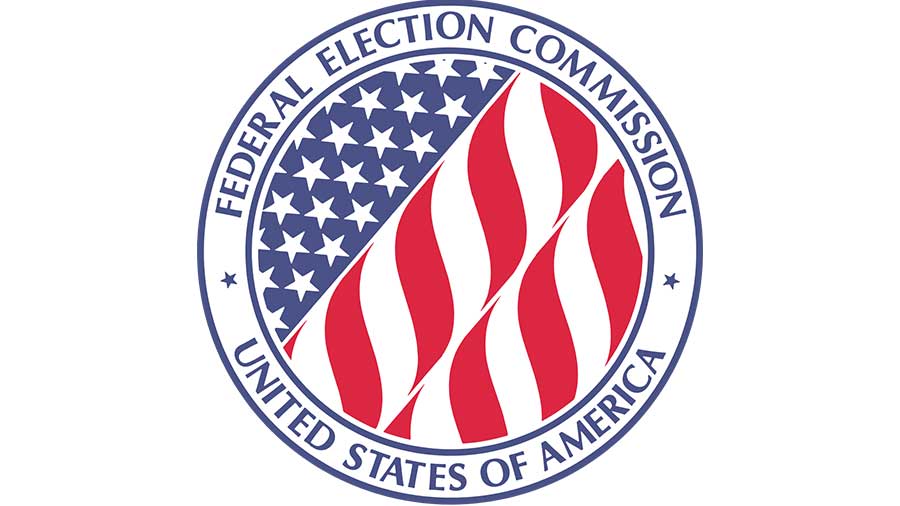FEC Hears It on Online Political Ad Disclosures

The smarter way to stay on top of broadcasting and cable industry. Sign up below
You are now subscribed
Your newsletter sign-up was successful
Groups were lining up at press time to tell the Federal Election Commission what to do about disclosures in online political advertising, most of them saying they should be toughened.
Nov. 9 was the deadline on additional comments in an open FEC rulemaking on the subject. The FEC reopened the comment period after it was revealed that Russia bought ads on social media platforms to try and meddle with the 2016 presidential election, ads that were under the radar because they lacked such disclosures.
Common Cause told the FEC that online political ads should be required to display the same "paid for by" info required of TV, radio and print ads.
"More than $1.4 billion was spent on political advertising online during the 2016 election cycle and a Russian “troll factory” in St. Petersburg spent more than $2.3 million distributing propaganda on the internet in order to help swing the presidential election," it said.
Related: FEC Extends Comment Deadline on Online Disclosures
It said the rulemaking was long overdue--it was launched in 2011. “The FEC cannot continue to turn a blind eye to this gaping hole in its campaign finance regulations that has allowed hostile foreign powers to advertise anonymously online in our elections,” said Paul Ryan, Common Cause VP for policy and litigation.
The Center for Digital Democracy called on the FEC to hold hearings on the role of the internet and Big Data in federal political campaigns and revise its disclaimer rules.
“The FEC must hold hearings to examine how, in this era of “Big Data” and personalized digital marketing, the unrestricted use of consumer information for political targeting may threaten our democratic process,” said Katharina Kopp, policy director of the Center for Digital Democracy. “Political campaigns now have access to an array of details on individuals that wasn’t previously available, including what they do online and offline. As we witnessed last year, this new capability can be used to engage in online suppression tactics to dissuade individuals and groups from voting. We urge the FEC to examine how digital data-driven campaigns may disenfranchise communities of color and economically at risk individuals."
Related: FEC Commissioner Wants New Social Media Input on Disclosures
The Center for American Progress (CAP) said the FEC had to take action on what it called the secret purchase of online political ads.
"Americans have a right to know the true source of the funds used to influence our elections, whether those ads are broadcast on TV or displayed online," said Liz Kennedy, director of democracy and government reform for the group. "The FEC must begin a rule-making to provide clear guidance on disclaimer requirements for online political ads."
Both Common Cause and CAP gave shout-outs to the Honest Ads Act, which would amend the Bipartisan Campaign Reform Act of 2002 (BCRA) to include paid internet and digital ads in the definition of electioneering communications, which would trigger disclosure requirements; require digital platforms with at least 50 million monthly viewers to maintain a public file of all those electioneering communications by anyone or groups who spends more than $500 for political ads on their platform; require the file to include ad targets, views generated, rates and contact info; and require online platforms to "ensure that foreign individuals and entities are not purchasing political advertisements in order to influence the American electorate."
The smarter way to stay on top of broadcasting and cable industry. Sign up below
Contributing editor John Eggerton has been an editor and/or writer on media regulation, legislation and policy for over four decades, including covering the FCC, FTC, Congress, the major media trade associations, and the federal courts. In addition to Multichannel News and Broadcasting + Cable, his work has appeared in Radio World, TV Technology, TV Fax, This Week in Consumer Electronics, Variety and the Encyclopedia Britannica.

